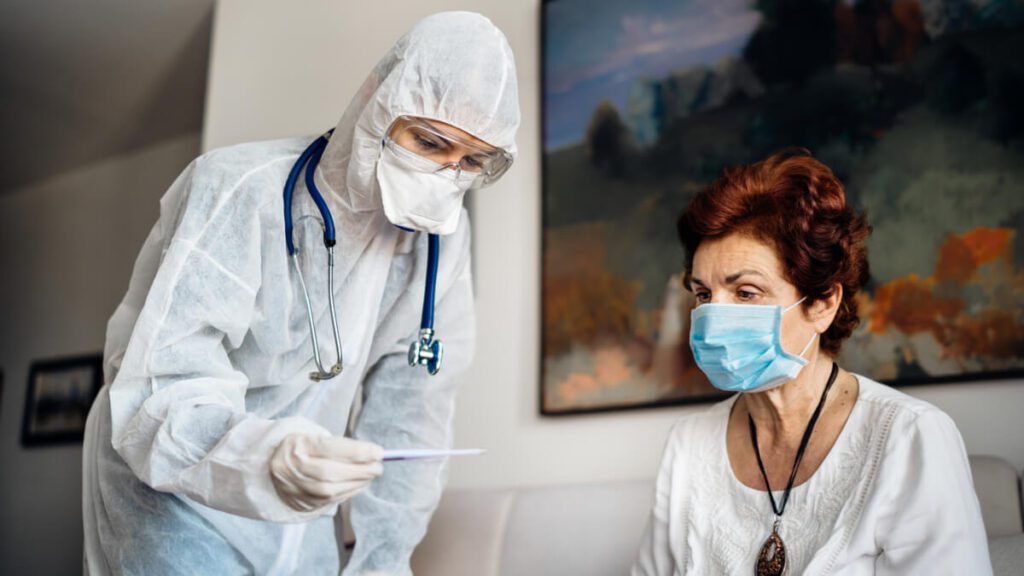
If a family member is infected by COVID-19, statistically their symptoms will not warrant a visit to the hospital. Even with more severe symptoms, most people will be considered low priority and not eligible for a bed, as hospitals remain overwhelmed with limited bed space and a shortage of staff.
If living in a separate house for the duration of the quarantine is not an option, here are 7 rules to follow when a loved one or housemate has COVID-19.
1- Designate a sick room
This is a no brainer. Preferably the sick person’s bedroom so they can exist in their own space and feel comfortable during their quarantine. If the person shares a bedroom, the healthy household member should sleep on the couch in another room.
2- Assign a sick bathroom
If the house only has one bathroom, then the patient must clean every single thing they touch or use before exiting including handles and doorknobs. It would also be wise to ventilate the room either with a fan or by keeping the door or window open before anyone else uses it.
3- Open up the windows
Having air current pass through the house and take the virus with it has saved people before. Well ventilated spaces are known to be much safer. For adequate ventilation, at least 2 windows must be open between the sick room and wherever you would like a circulation of air to pass.
A fan in a room should be left on when possible.
4- Room service
Yes, as tiring as this is, it is the healthy person’s responsibility to take care of delivering necessities to their housemate with COVID-19. Have a table set right outside the sick room, and place any items needed on it. The sick person can then wait a few seconds and come out to take them.
5- Sanitize Everything
Literally everything. One cannot stress this enough. If the house doesn’t smell like a hospital room 24/7, you’re doing it wrong. This is an exaggeration, but in all seriousness, hygiene is the number one most effective weapon when a housemate has COVID-19. The house should be cleaned regularly, giving extra care to rooms that the patient has used.
6- Keep them fed, hydrated, and with access to meds
Many COVID-19 sufferers will forget to eat and drink for a dangerously long time as the virus sometimes reduces appetite. Even as the patient loses weight or slowly gets dehydrated, many will still feel “fine” and have no urge to eat or drink, or even sleep. It is essential to stay hydrated with plenty of bed rest. Light exercises to keeping one’s blood circulation going is an equally important part of the recovery plan.
7- Keep them entertained
If they have access to an internet-enabled device, then they’ll be just fine on their own. Do keep your phone nearby in case they need you for anything and call them at regular intervals to check they are ok.
Suffering from COVID-19 can be a very daunting experience, even to those suffering from mild symptoms, and for those living with them. But we must all remain strong and optimistic in the face of adversity.